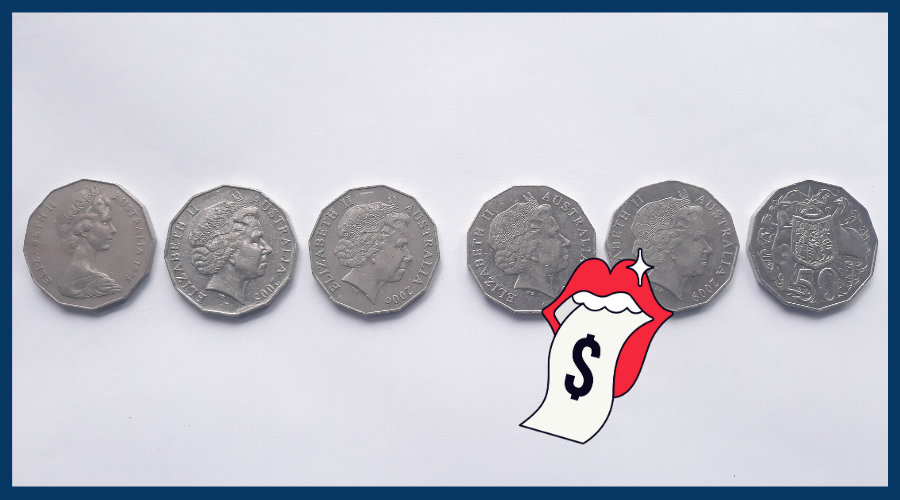10 Ways to Tackle the Savings Squeeze
There's been a hell of a lot going on in the world, so you'd be forgiven for missing the latest on savings rates. So, here's a recap.
One-year fixed-rate bonds now pay an average of 0.99% interest. One-year tax-free ISAs pay 0.91%. Both are at a three-year low. After a coronavirus-induced surge in interest from savvy savers, US banking giant Goldman Sachs has closed its UK easy-access savings account - Marcus - to new customers. A whole 329 other savings products had been withdrawn from the market since the start of the year.
Financial information service Moneyfacts warned savers to brace for a "race to the bottom" on savings rates after average rates on easy-access accounts hit record lows. The rate of interest offered on many savings products is unattractive, but the stock market might feel too risky for those with short-term savings goals - investing is better for long term saving goals.
Tl;dr - things aren't looking too great for savers. What, then, should you do in the face of this low interest rate environment?
Here are our top 10 tips:
Pay off your short-term, expensive debts before you think about saving large amounts of cash. That's right - debts should be more of a priority than a savings fund, because by paying off debts, you will start saving on huge interest payments and, well, saving as a result.
You absolutely need an emergency fund and some money set aside for your short-term, easy-to-access savings (financial advisers usually recommend to have a pot with 3-6 months of living expenses, I know that’s a lot of money but do what you can! You may want to start with writing a budget so you know your numbers…). If coronavirus as taught us one thing, it's that we never know when the next ‘unprecedented’ time might be looming. Global pandemics aside, an emergency fund is also crucial should you find yourself out of a job or in the middle of a career change.
Check your rates, even on your current account. Identify your priorities and shop around. For example, there can be big differences in the amounts banks charge for going overdrawn - so if dipping in and out of overdrafts is an issue for you, look for the cheapest overdraft deal. Switching accounts is quick and easy and takes just seven working days. All you have to do is open a new account with your chosen bank - you'll usually be asked during the application if you want to switch. The switching service will close your old account and move your money and all the rest of your set ups across.
Same goes for savings accounts. Shop around and find the best interest savings rate for your money. Moneywise offers up a good, weekly-updated savings accounts overview.
Know your options. There are many different types of savings accounts, some of the key ones being normal savings, fixed-rate savings, cash ISA's and fixed-rate cash ISA's. If you don't need to access the money for 1-5 years, a fixed rate account can help you get more out of your money. Remember that the FSCS is here to protect your money, they give you automatic protection up to £85,000 if your bank, building society or credit union goes out of business; and you’ll normally get your money back within seven days
Think tax-free allowances: you could use a Cash ISA (although interest rates might be low). Remember to make the most of your PSA (personal savings allowance). Introduced in April 2016, the PSA means every basic-rate taxpayer can earn £1,000 interest per year without paying tax on it. So, essentially, basic-rate taxpayers can save £83,333 per year before interest is taxed. This scheme helps take some 95% of savers out of paying any tax on their savings — so make the most of it!
Offsetting your mortgage is also an option worth considering. An offset mortgage is a deal where your savings reduce the interest you pay. With an offset, you are basically saving at your mortgage rate tax-free and (mostly) with easy access. Be mindful of these, however - the rate or fee is often higher than on a comparable standard mortgage, which means only those with a large amount of savings will benefit.
Start saving for the kids’ futures with a Junior ISA, either in cash or in investments. Investing is better for the long term to make these savings work harder for you.
When it comes to longer-term savings, here's the thing: inflation impacts your future purchasing power and you want to benefit from compound interest. The best way forward is to start thinking about investing to make your money work hard for you, long-term.
Don’t spend more just because it might feel like saving isn't worth it! As a rule of thumb, when lower interest rates give smaller returns on savings, people have an incentive to spend rather than to hold onto their money. Saving is always worth it, and so is investing.
What about you: do you know how much interest you’re getting on your savings? Leave us a comment below!

